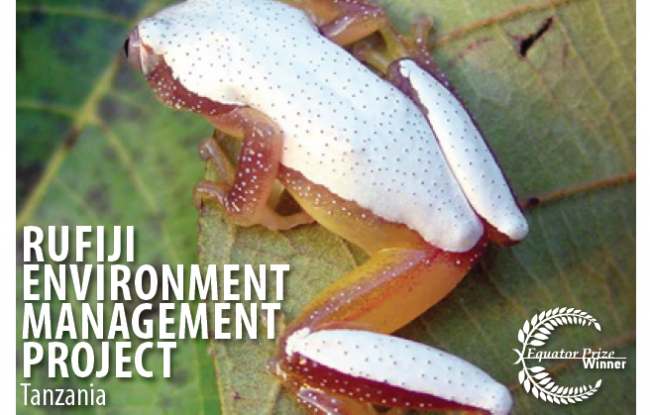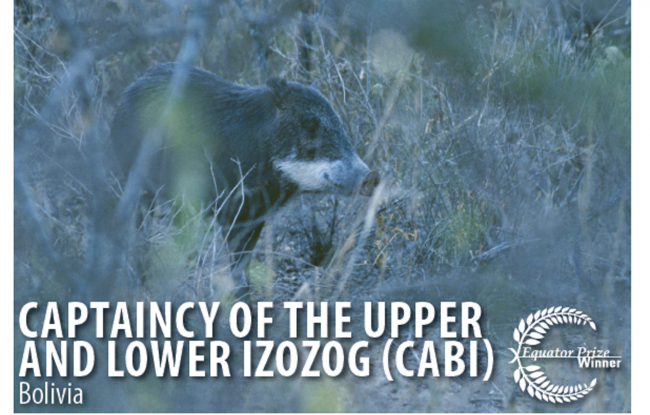Equator Initiative Case Studies. Tanzania, United Republic of. Mradi wa Usimamizi wa Mazingira Rufiji (Rufiji Environment Management Project)Association) (English)
Local and indigenous communities across the world are advancing innovative sustainable development solutions that work for people and for nature. Few publications or case studies tell the full story of how such initiatives evolve, the breadth of their impacts, or how they change over time. Fewer still have undertaken to tell these stories with community practitioners themselves guiding the narrative. The Equator Initiative aims to fill that gap.






